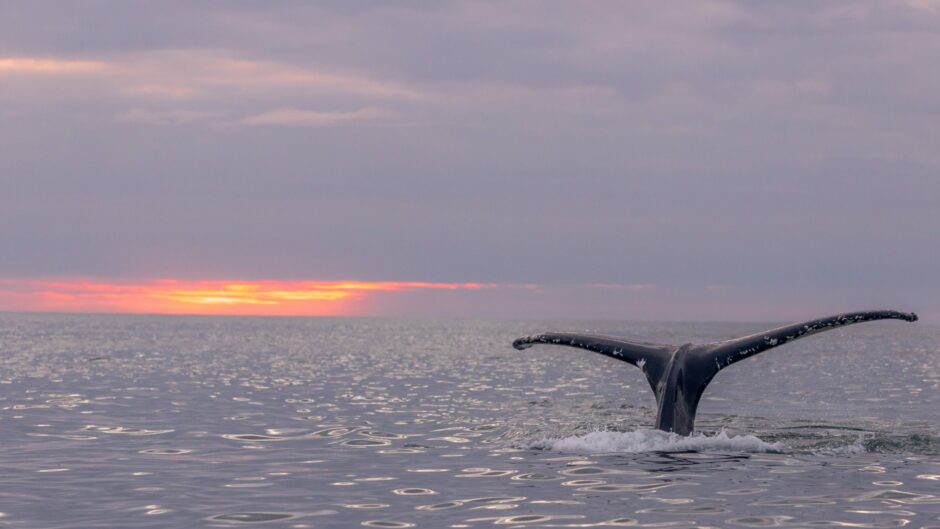The Goes report concludes: “If we destroy plankton, the planet will become more humid, accelerate climate change, and with no clouds it will also become arid and wind velocities will be extreme.
“Yes, of course, we need to continue to reduce CO2 emissions but even if we were carbon-neutral, it will not stop ocean acidification – it will not stop the loss of all the seals, whales, marine birds, fish and food supply for two billion people.
“CO2 reduction won’t even stop climate change; indeed, we will have catastrophic climate change because we have not fixed the primary root cause – the destruction of nature by toxic chemicals and substances such as plastic.
“We have two choices. We can choose to wake up, understand and address the real issue or choose the game-over button for humanity come 2050.”
From his ongoing mission in Colombia, Dryden – who addressed the Cop26 climate summit in Glasgow last year – told The Sunday Post: “Based on our observations, plankton numbers have already crashed and are now at the levels that I predicted would not happen for another quarter of a century.
“Given that plankton is the life-support system for the planet and humanity cannot survive without it, the result is disturbing. It will be gone in around 25 years. Our results confirmed a 90% reduction in primary productivity in the Atlantic. Effectively, the Atlantic Ocean is now pretty much dead.
“We surveyed the Caribbean from St Lucia to Grenada. Now the only fish available in restaurants there is imported farmed Atlantic salmon.
“It had been reported that 50% of the coral was gone; our observations were that the coral is 100% gone in many locations and 90% gone in all locations.”

Recent Comments